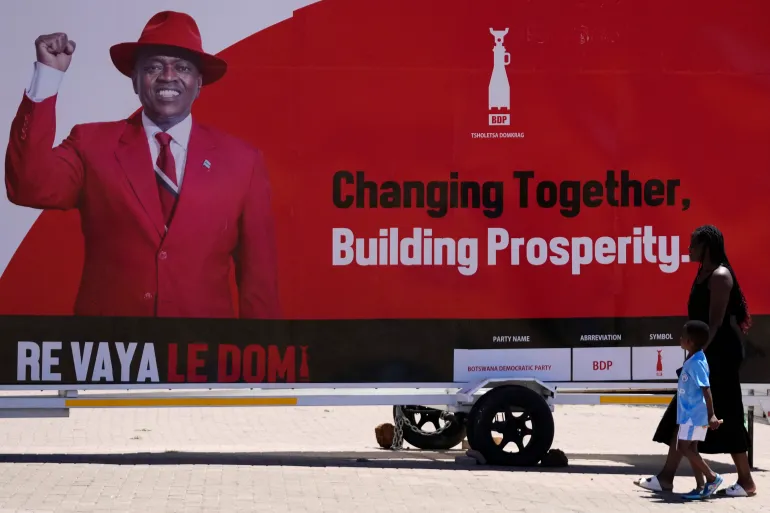
Botswana’s political landscape is set for a historic change as the ruling Botswana Democratic Party (BDP), which has governed since independence in 1966, conceded defeat after a landmark parliamentary election. Early results show the main opposition, Umbrella for Democratic Change (UDC), securing a majority and ending the BDP’s 58-year reign.
President Mokgweetsi Masisi acknowledged his party’s significant loss, stating, “We got it wrong in the eyes of the people.” He promised a smooth transition of power, congratulating the UDC and urging his supporters to back the incoming government. The UDC, led by prominent human rights lawyer Duma Boko, has so far claimed 25 seats, with projections suggesting they will surpass the 31-seat threshold needed to form a new government.
The UDC’s campaign focused on Botswana’s pressing economic issues, including high unemployment and sluggish growth, issues that resonated strongly with voters. “The unemployment rate is high, especially among young people, and it has created significant hardship,” said Kgoberego Nkawana, a newly elected UDC MP. The UDC has promised to create up to 500,000 jobs and to ensure that Botswana’s resources—particularly its diamonds—better benefit the broader population.
As celebrations unfolded in the capital, Gaborone, Masisi affirmed his respect for the democratic process, saying he would “respectfully step aside” and participate in a peaceful transition. The BDP’s loss reflects widespread frustration over economic stagnation, despite the nation’s reputation as a stable and wealthy democracy.
The UDC’s victory paves the way for Duma Boko to become Botswana’s next president, marking a fresh start as the country navigates economic challenges and seeks new opportunities for growth and stability. Official election results are expected shortly from Botswana’s electoral commission, but with a decisive lead, the UDC is already preparing for governance.

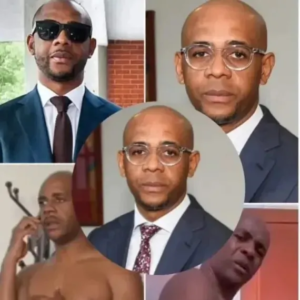
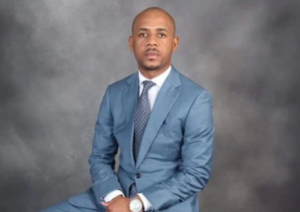
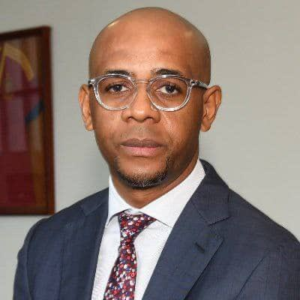
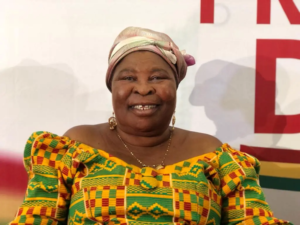
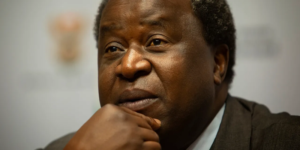
Be First to Comment